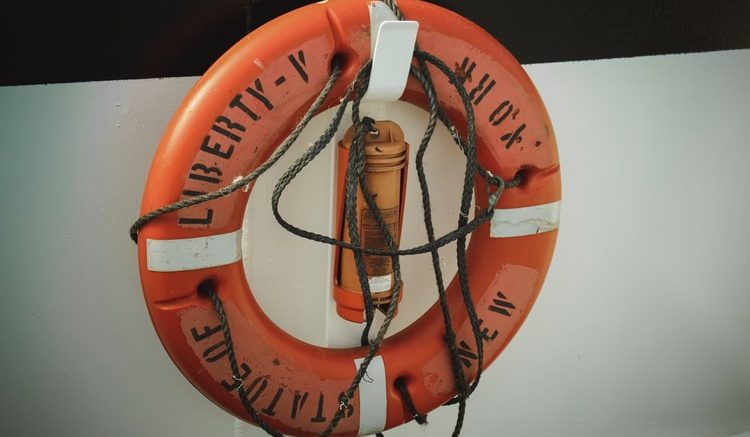The world was clearly not prepared. As the onslaught of the SARS-CoV-2 continues, it has raised questions, the answers to which can define your future as a company. Organisations have been gravely affected, which has led them to rethink their organisational functions. It’s also time for them to think of having a crisis management system because this isn’t the first time a disease is affecting a large number of people across the globe and is most certainly not the last time.
While crises are difficult to predict, it’s imperative to have a plan in place to tackle them. Apart from life threats, crises like a pandemic come with their own set of reputational threats, economic losses, operational difficulty as well as low morale of the workforce. It is also a time, which defines your employer brand and corporate reputation. Don’t be that company that puts profits over your employee’s health. How you conduct yourself now will be your legacy.
Prompt action with effective communication
A lack of transparent communication and quick action in such a sensitive time results in a loss of trust. An example of this is a recent incident of Amazon employees in Staten Island demanding a lockdown after the company failed to provide ample protection to them. The negligence has led to a loss of trust in their superiors. Clear communication is the least you can do in such troubling times. The truth is, employees expect it more than ever from their employers during crises. It’s better to overreact than suffer from inaction therefore, be proactive and take steps ahead of time. Communicate those steps that you as a company will take to prevent exposure from the pathogen.
With highly contagious diseases, there are measures that companies should take to ensure that the health of their employees is not compromised. If a complete lockdown is not possible, at least adjusting the work environment and restructuring how employees interact with each other should take prominence. Increased cleaning of office surfaces and tools, asking employees to maintain distance, cancelling all face-to-face meetings, closing cafeterias are some of the ways in which the spread can be curbed. A culture of wellness should already be present, but constant reminders to practice them should be sent out across the board.
You should be in the know of cases in your workforce who are falling sick. Constant checking up on the employees to find if they are showing any symptoms of falling sick at work is important and sending them home is even more. Next is, making sure to talk to people who were in contact with that employee and monitor them as well. In times of a pandemic, a company will most likely be supported by the essential staff. To be prepared for such a scenario, cross-training of those employees is necessary so that crucial operations are not affected.
You will need wise heads on able shoulders
Have a team in place which is responsible for monitoring news from sources like WHO and will provide timely updates. In such trying times, when anxiety is at peak and misinformation is rife, employees look up to the leadership to establish and provide them with a plan of action or at least keep the employees updated on how the crisis is being dealt, what steps are being taken and how everything will pan out in the bigger scheme of things. Remind them to take precautions and direct them towards reliable sources of information. Appoint people who will take key decisions in times of a pandemic. A team with a degree of autonomy that can take action, from deciding which channels of communications to use to what messages to deliver, a set of people from each function should be equipped with the know-how to act in times of a crisis.
Preparing for social distancing
Are you equipped for another future scenario where your employees will have to telecommute? Working remotely requires technology and infrastructure to ensure employees work efficiently from their homes. Review your WFH policies and lay down the rules for accountability and payment. In fact, companies should be holding work from home and flexible working hour trials during normal days so that they can identify the loopholes and work to make the system better.
Companies across the map have acknowledged the need for a functional crisis management system in their organisation. The tide is yet to blow over us and in the face of the pandemic, the onus is on you to find that thin balance between running the business and ensuring everyone’s safety. If you have to choose, pick the latter and be the company that supported its employees in times of need.
The views and opinions published here belong to the author and do not necessarily reflect the views and opinions of the publisher.




Be the first to comment on "A Lesson in Crisis Preparedness"